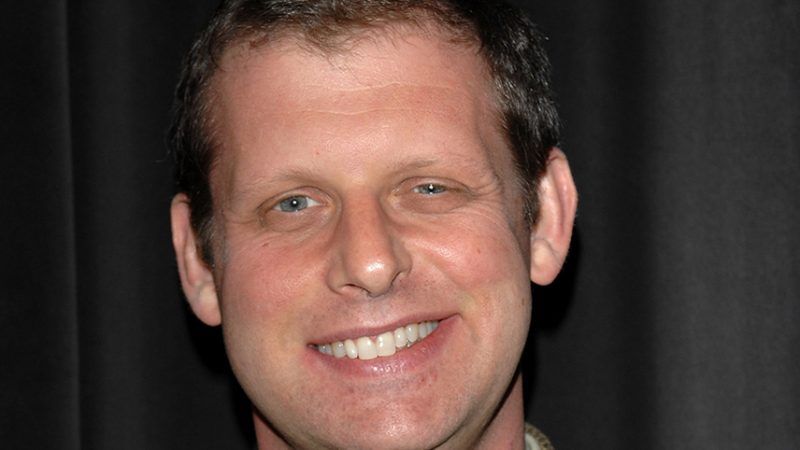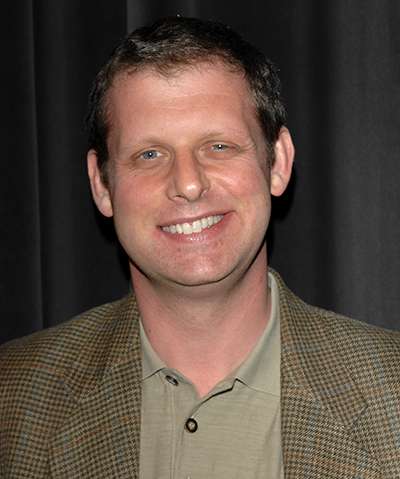The Volokh Conspiracy Comes to Reason


In December, the cast of characters known collectively as The Volokh Conspiracy left The Washington Post—where they have made their home since 2014—and moved to reason.com. Shortly before the eclectic crew of legal bloggers began their migration, the conspiracy's namesake and unofficial ringleader, University of California, Los Angeles law professor Eugene Volokh, talked with Reason's Nick Gillespie about life, liberty, and the law.
Q: The contributors to The Volokh Conspiracy are mostly libertarianish, but not exclusively so. Is that accurate?
A: That's right. We're basically moderates, libertarians, and conservatives. Some of us are more on one side than another, but I like "libertarianish." That's how I think of myself. For the purposes of our blog, we never feel we need to toe the party line. Sometimes I talk about court cases, and I point out that the legally correct result under the precedents, it's not the libertarian result. We might like to have a Constitution that's more libertarian than ours, but in many ways our Constitution is majoritarian rather than libertarian.
Q: Why "conspiracy"?
A: I was trying to come up with a name, and I thought, "How about The Volokh Gang?" Then I realized there was a show on television, a public affairs show, called The Capital Gang, and people would think that we are trying to rip them off, or at the very least that we're derivative.
Q: And who wants that? Especially in law, where everything is based on what came before.
A: There's a line that law is the only discipline in which the phrase "That's an original idea" is a pejorative. But in the academy, we're always supposed to be original, and what's more, it's more fun to be original. "OK," I thought, "so it can't be gang."
This was in 2002, not long after all this talk about the "vast right-wing conspiracy." So I thought, "How about The Volokh Conspiracy?" The absurd thing is that a conspiracy would call itself "The Conspiracy" on a webpage. I will say that since then I've heard people say, "Look, I'm reluctant to pass along your stories to my friends, because they're going to think that this is a conspiracy theory website." On the other hand, at times I remember looking in our referrer logs, and people were looking for conspiracy theories. They found our blog. They may have been disappointed, but maybe they got enlightened.
Q: You have a pretty fascinating American story. How does that experience affect your views?
A: I was born in Kiev, which was then in the Soviet Union. My parents, as a result of their experience in Russia, ended up being Republicans. They saw Reagan as telling it like it is on communism, and the Democrats of the late '70s and early '80s as basically missing the evils of communism. I was 7 when I came [to the United States]. Their support made me open to the values of free markets. I like to think I've independently reached that result, but I think it helped that free markets and laissez-faire were not dirty words in our household.
Q: How has Trump has done on the federal judiciary so far?
A: There are many things to quarrel with the administration on, but in my view the one area in which they have done a really good job is picking top-notch judges. I'm sure you can find some exceptions, but the judges that I happen to know who were picked by the administration are really all superb.
Q: When you say a judge is good, is it because they come to results you agree with?
A: Human beings being who we are, we do tend to see more virtues in those we agree with and more vices in those we disagree with. But here I'm speaking about intelligence and, to the extent that we have this information, judicial craft.
In any event, if what you're looking for is liberals, you're not going to get them from President Trump. If you're looking for libertarians, you're really not going to get any from either party. On the other hand, if you're looking for smart, thoughtful conservatives who will, at least some of them, have something of a libertarian streak—and more broadly, will recognize the importance of protecting established constitutional rights, and at times push back against the administration when they think the administration is going too far—I have found Trump's picks to be surprisingly strong along all these metrics.
This interview has been condensed and edited for style and clarity. For a longer version, subscribe to Reason's podcast.
This article originally appeared in print under the headline "The Volokh Conspiracy Comes to Reason."


Show Comments (0)